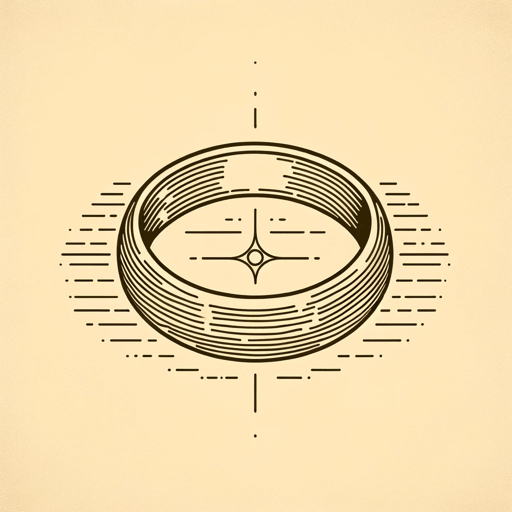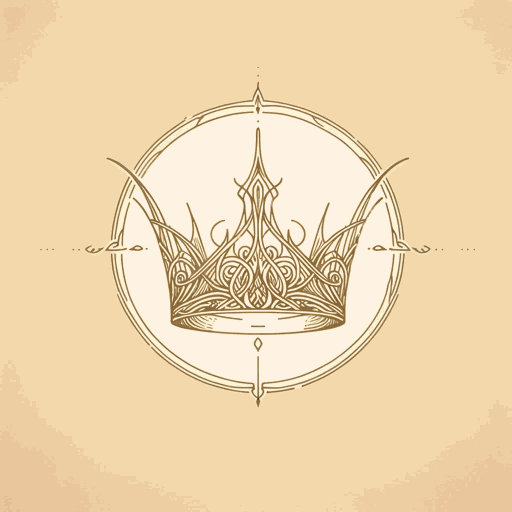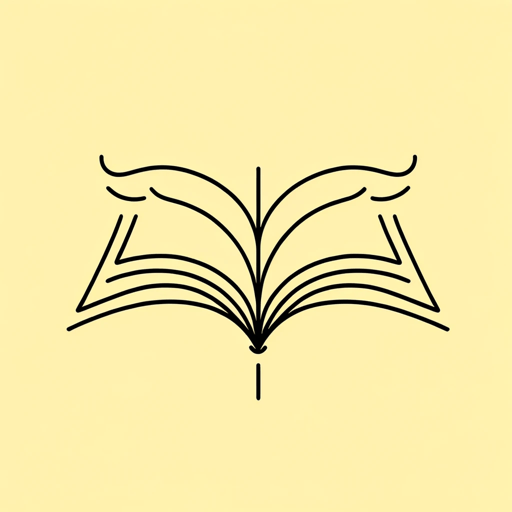31 pages • 1 hour read
J. R. R. TolkienOn Fairy-Stories
Nonfiction | Essay / Speech | Adult | Published in 1939A modern alternative to SparkNotes and CliffsNotes, SuperSummary offers high-quality Study Guides with detailed chapter summaries and analysis of major themes, characters, and more.
Background
Historical Context: Philology and World War I
Philology as a discipline is built on the preservation and interpretation of ancient texts to understand how language and ideas develop over time. The Renaissance is often cited as a philological event: scholars re-discovered Greek and Roman writings which led to a resurgence in art and science. In the late 19th century and early 20th century, philologists used ancient writings to trace language trees and attempt to reconstruct lost literature and lost languages. Tolkien, as a philologist, focused on Old English, Middle English, and Celtic. Much of the academic methods and foundational theories of philology were born out of German folklore scholarship. In particular, German folklorists Jacob and Wilhelm Grimm used philological methods to collect and analyze their volumes of German folklore, known now as Grimm’s Fairy Tales.
Philology’s ties to Germany and German national pride led to a vehement opposition to the discipline in the Anglophone world during and after World War I. In 1914, 52 British writers, poets, academics, and critics came together to declare their immediate rejection of German philology as a show of national solidarity. Tolkien was not among their number; he rejected the idea that philology was a “purely German invention” (Tolkien, J. R. R.
Related Titles
By J. R. R. Tolkien

Farmer Giles of Ham
J. R. R. Tolkien

Leaf by Niggle
J. R. R. Tolkien

Return of the King
J. R. R. Tolkien

The Children of Húrin
J. R. R. Tolkien

The Fellowship of the Ring
J. R. R. Tolkien

The Hobbit
J. R. R. Tolkien

The Silmarillion
J. R. R. Tolkien

The Two Towers
J. R. R. Tolkien

